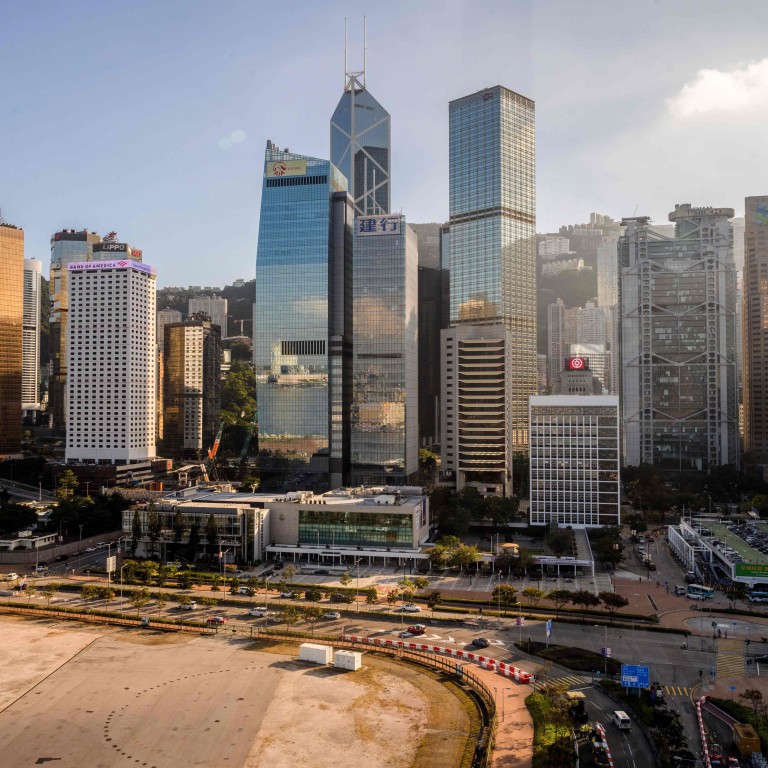
Hong Kong mulls extending top watchdog’s supervisory reach to accountants auditing private firms
- Move will expand Financial Reporting Council’s reach beyond accountants auditing city’s 2,500 plus listed companies
- Proposed changes could diminish role of Hong Kong Institute of Certified Public Accountants, a self-regulatory body
The Hong Kong government has proposed expanding the mandate of the city’s top accountancy regulator by giving it oversight over audits of private companies in the city.
“Transferring the primary job of regulating the professional conduct of accountants to the council … will give more assurance to the independence of the regulatory system,” he said.
The proposed changes will diminish the role of the Hong Kong Institute of Certified Public Accountants (HKICPA), a self-regulatory body set up in 1973 that issues accounting licences, sets industry standards, provides training and regulates the city’s 46,000 accountants. The government has also proposed that the council take over from HKICPA the role of issuing practising certificates to newly certified public accountants.
Hui said the government was currently drafting a bill to make the relevant legislative amendments. He said the proposed changes were intended to improve supervisory efficiency and to reduce the burden of accountants.
That is because currently, the HKICPA has been focusing only on the supervision of accountants auditing private companies, leaving the oversight of accountants working for listed companies to the council. By unifying the supervision of all certified public accountants under the council – regardless of whether the companies they are auditing are listed or not – would help reduce the burden of compliance on all industry practitioners.
Hui said the government was presenting the set of proposals in detail to various relevant professional bodies.
“The proposed rule change will see a lot of challenges for accountants, but personally I think it’s good for the profession as a whole,” said Clement Chan, managing director of accounting firm BDO and a former president of HKICPA.
This is not the first time that the government has sought to overhaul the supervision of the sector by building up the power of the council. During its initial decade, the council was criticised for lacking teeth because, while it had been tasked with investigating auditing failures involving listed companies, it had to pass the cases back to HKICPA for the industry body to determine penalties.
Subsequently, a law change in 2018 enabled the council to take over inspection and disciplinary powers from HKICPA.


